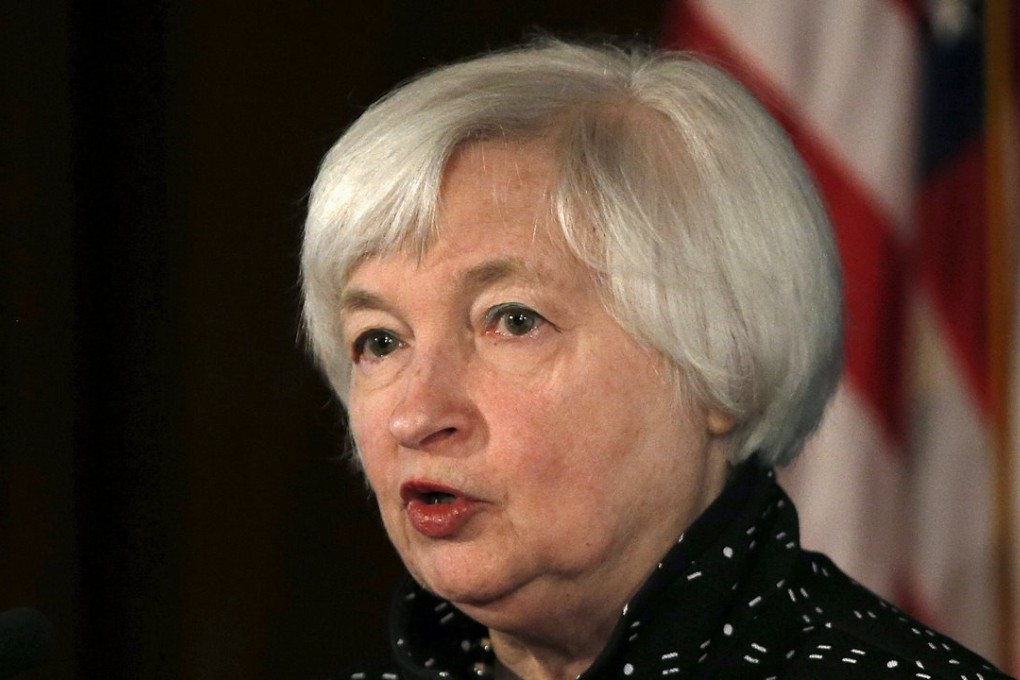New | Higher US interest rates could be dangerous in a ‘wobbly bike’ world economy, says Schroders
Corporate recession risks are usually on the rise at this point in the economic cycle

Uncertainty surrounding the global market and an anticipated US interest rate rise leaves analysts conflicted about the state of the world’s largest economy, with some remaining wary of a potential recession.
The US may be poised to raise interest rates in December for the first time since 2006, reflecting a favourable view of the economy from the Federal Reserve. Yet the recent vulnerability of the global market to shocks - for instance the depreciation of the Chinese currency, collapsing energy prices and the terrorist attack in Paris - has caused some to speculate about whether continued growth is sustainable.
Rising inflation, falling corporate profits and imbalances caused by growing debt in the US market are key triggers that could potentially drive the economy towards a recession, according to a report released by Schroder Investment Management this month.
“Investors are still focused on the downside risks and while the likelihood of a China hard landing may have receded, there has been increasing concern about a turn in the US cycle,” the report said. “This sets a ‘wobbly bike’ view of the world economy: slow moving, not very stable and vulnerable to pot holes.”
This sets a ‘wobbly bike’ view of the world economy: slow moving, not very stable and vulnerable to pot holes
Unemployment is currently at about 5 per cent, according to latest statistics from the US Department of Labor, reaching levels close to those seen in 2001 and 2007. The current rate also rests below the level seen just prior to the 1990 recession.
Should unemployment decline further or remain at current rates, wages may start to increase -triggering a round of price hikes for products and services that could fuel an inflationary spiral. It’s not clear that will happen, as an appreciating US dollar and falling imports may counter this trend, the report said.